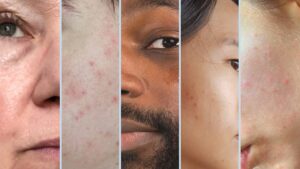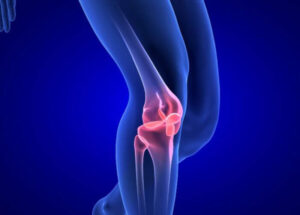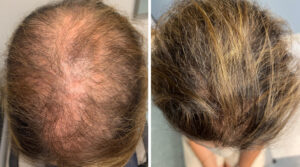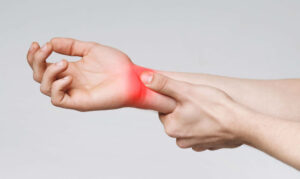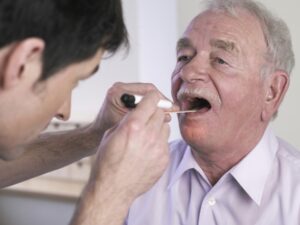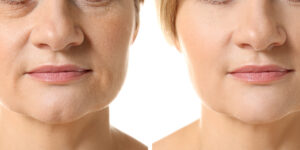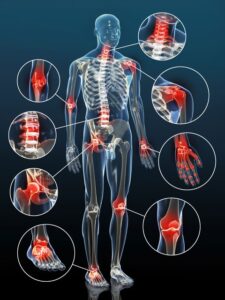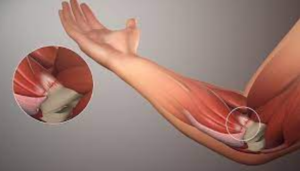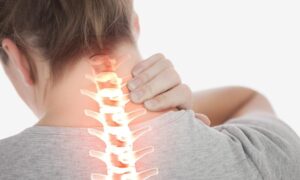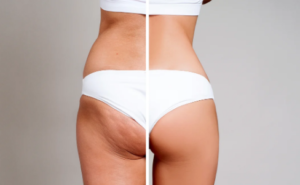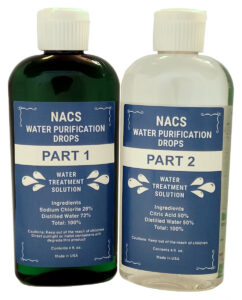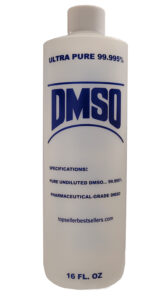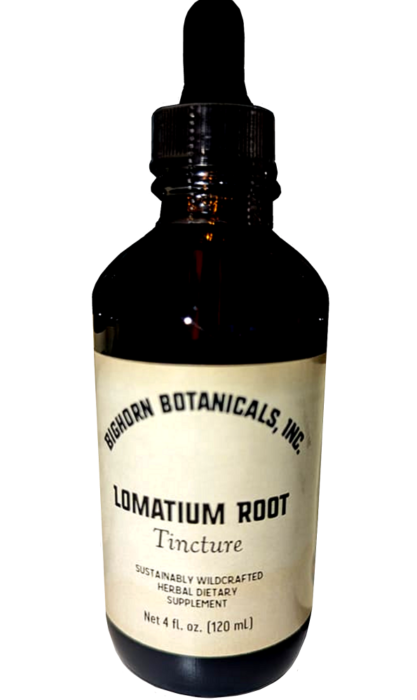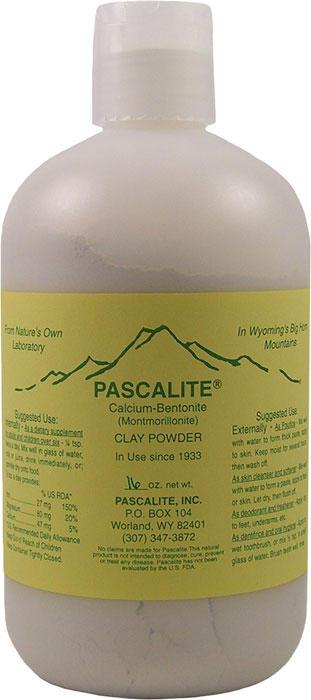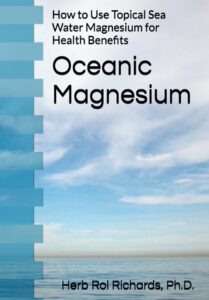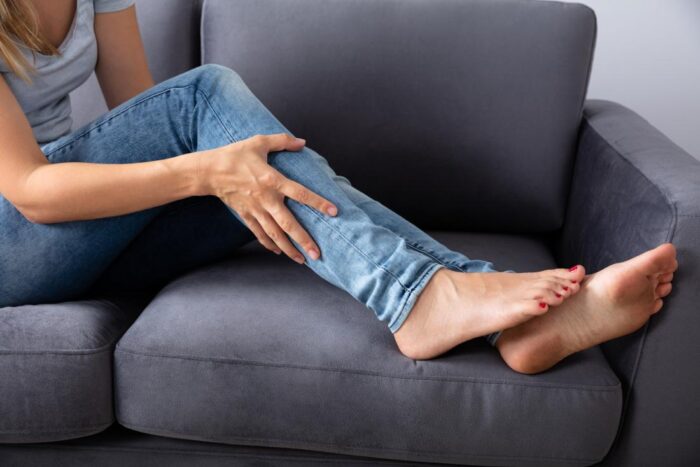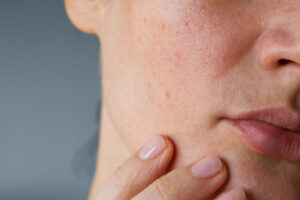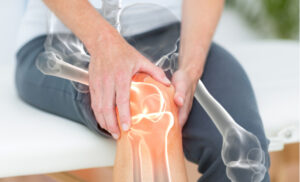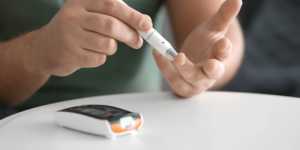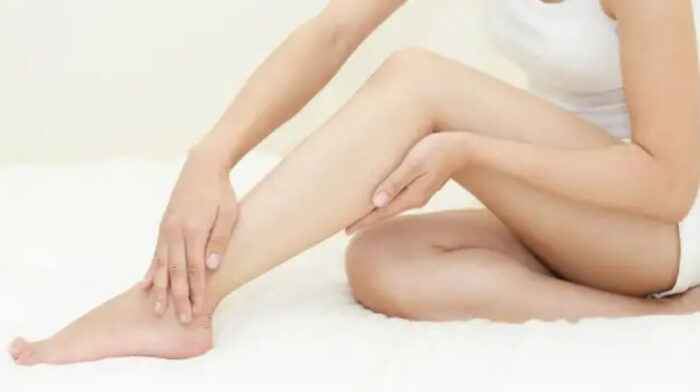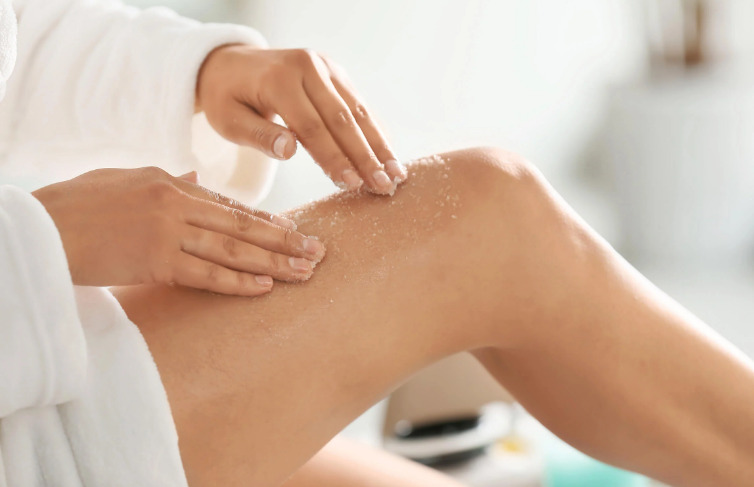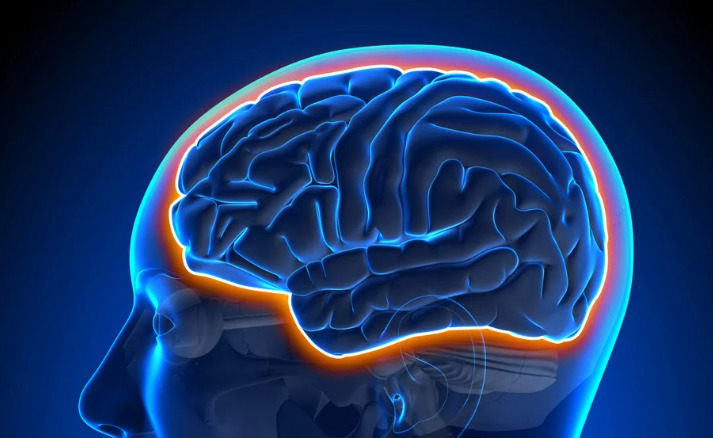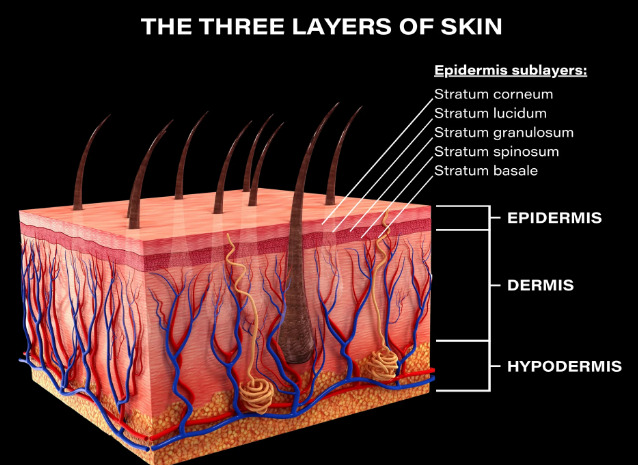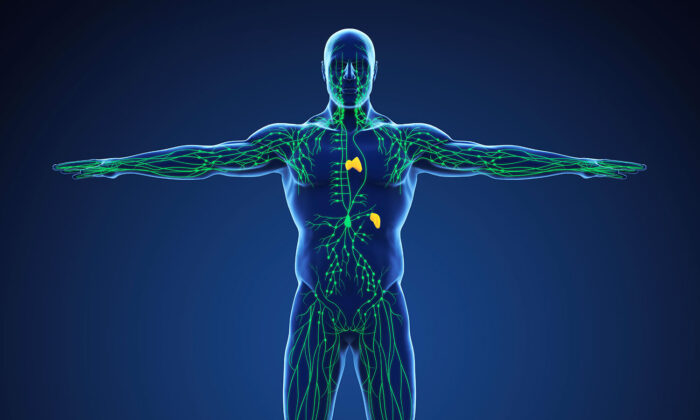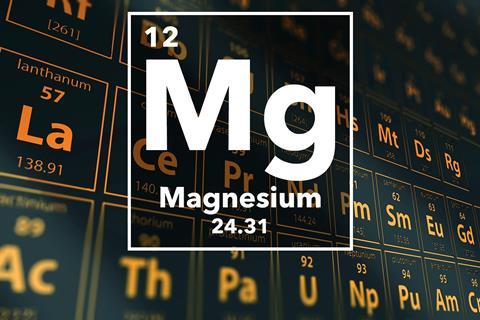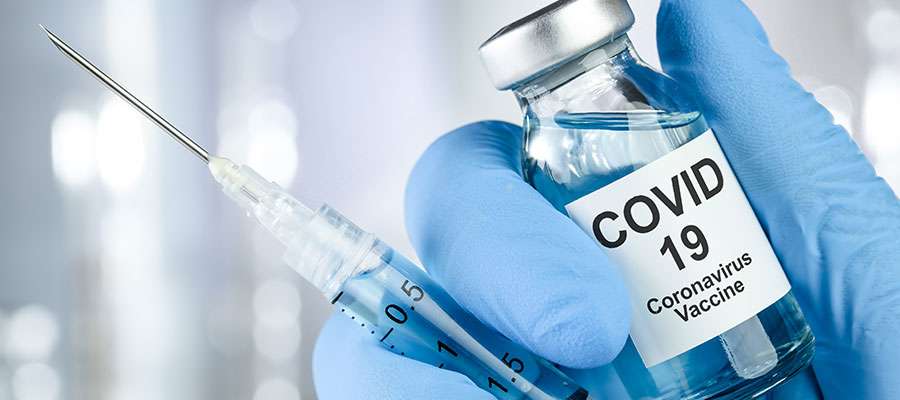The Reiki Ranch Store is announcing the arrival of the Quantum Science Energy Red Light Therapy Bed. Not quite a Med Bed, but it’s the closest thing we have at the moment.
Quantum science energy red light therapy bed, also known as low-level laser light therapy (LLLT), is a non-pharmaceutical alternative to conventional medications. It utilizes varying levels of red and infrared light to target and treat skin conditions, pain, and a wide variety of health issues. The range of red and infrared light used in the quantum science energy red light therapy bed falls between the mid-660 nanometer and mid-800 nanometer wavelengths.
Contrary to skepticism, Reiki Ranch’s quantum science energy red light therapy has been substantiated as a versatile treatment for numerous health conditions. Research on red light therapy dates back to 1967 when the first device was developed, and NASA began investigating its potential for pain relief in the 1990s.
The following are some of the notable scientifically validated benefits of the Reiki Ranch’s red light therapy, shedding light on its mechanism of action and the specific effects it has on the targeted areas:
Wound Healing and Tissue Repair
Red light therapy has demonstrated effectiveness in treating wounds and promoting tissue repair. It achieves this by reducing inflammatory cells, stimulating the formation of new blood cells (angiogenesis), and increasing collagen and fibroblast production.
Improved Blood Flow
Red light therapy enhances blood flow by increasing cellular energy, leading to physiological effects such as improved blood circulation. This improved blood flow equips the body with better healing capabilities and enhances overall performance.
Reduced Pain and Inflammation
Exposure to red and infrared light waves triggers the release of nitric oxide, which in turn enhances blood circulation. This improved circulation facilitates the efficient delivery of essential nutrients and oxygen to damaged tissues, promoting their repair and regeneration. As a result, red light therapy provides a less invasive and safe method for pain relief compared to traditional approaches.
Increased Mobility
Red light therapy plays a beneficial role in improving joint health, which is crucial for maintaining mobility and independence. It effectively reduces pain and extends the time between treatments, contributing to overall joint well-being.
Recovery Time Reduction
Red light therapy has been extensively studied and employed to expedite the recovery time of injured athletes. For instance, the Olympian US track team has incorporated its use, and a study demonstrated a significant reduction in recovery time from 19.23 to 9.6 days.
All Skin Types
One of the notable advantages of red light therapy is its safety for all skin types. No reports have indicated any harm caused by low-level laser light therapy (LLLT) on specific skin types. However, it is essential to exercise moderation, as excessive exposure to any form of light can be detrimental. Overall, red light therapy holds potential for treating various skin conditions.
Alternative to Prescription Drugs
Red light therapy offers an alternative to prescription drugs, which often pose long-term health risks and potential addiction. It serves as a non-addictive option that can be used interchangeably with traditional drugs.
Bone Growth and Repair
The exposure to red light therapy also stimulates bone repair and growth by activating stem cells. Stem cells, originating from bone marrow, have the ability to transform into the required cell types to facilitate healing.
Reduce Chronic Pain
By reducing pain and preventing injuries from worsening, red light therapy promotes a healthy and active lifestyle, allowing individuals to pursue their activities without the hindrance of chronic pain.
Boost Immunity
Additionally, red light therapy has been found to enhance the immune system by stimulating the release of nitric oxide, which is crucial for maintaining healthy arteries. Nitric oxide contributes to arterial relaxation, reduction of oxidative stress, prevention of platelet clumping, and blood pressure regulation. Moreover, red light therapy provides cells with an energy boost to ensure proper functioning.
RED LIGHT THERAPY BENEFITS
Although still a relatively young field of study, red light therapy has demonstrated its versatility in treating various ailments and conditions. We have compiled over 20 studies and reports that have examined the effects of red light treatment on specific health conditions.
Resolve Sleep Issues
Red light wavelengths, not red-tinted lights, have been found to aid in sleep. One theory suggests that red light boosts the production of melatonin, a hormone that promotes sleep. In a small 2012 study involving 20 female athletes who received 30 minutes of red LED light therapy for sleep every night for 14 days, participants showed improved sleep quality, increased melatonin levels, and enhanced endurance performance.
Enhance Circadian Rhythm
In a 2019 study conducted in an office environment with 19 participants, the use of a combination of red and ambient white light during after-lunch periods was found to improve circadian rhythm and increase alertness, addressing the energy dips often experienced by individuals.
Increased Weight Loss
The effectiveness of LED red light therapy for weight loss remains controversial among researchers and healthcare professionals, despite testimonials and some study results. This approach involves delivering red, blue, and infrared light approximately 1 to 2 inches into the skin, targeting the fat layer beneath the skin’s surface.
While the exact mechanism of red light therapy for weight loss is unclear, it is believed that low-level laser therapy temporarily disrupts a portion of the cell membrane, allowing fat cells to release their contents, shrink, and be eliminated through the body’s natural waste removal process.
Waist Slimming
A six-week study conducted in 2020 with 60 participants receiving LLLT treatments twice a week resulted in a reduction of waist circumference by 0.8 inches. However, it’s important to note that this study lacked a control group, limiting the findings.
In a 2009 randomized study involving 67 individuals, those who underwent six LLLT treatments over two weeks experienced a significant reduction in inches around the abdomen, hips, and thighs (3.5 inches) compared to the control group. Another study in 2013 observed 86 participants for two weeks and found a substantial decrease in waist (1.1 inches), hip (0.8 inches), and thigh circumference (1.2 inches). However, this study also lacked a control group.
While most studies indicate a reduction in fat after six or more red light therapy treatments, further comprehensive and long-term research is needed to determine the effectiveness of red light laser therapy for weight loss.
Hair Growth
Red light therapy is considered a safe and convenient alternative for hair growth compared to traditional treatments such as medications and transplant surgery. By irradiating photons into scalp tissues, low-level laser therapy stimulates circulation and promotes hair follicles to produce hair in weakened cells. However, due to inconsistent study results, medical professionals commonly acknowledge that red light therapy for hair loss may work for some individuals but not all.
A 2014 study found LLLT to be safe and effective for hair growth in both men and women. However, the study could not determine the optimal wavelength, coherence, and dosimetric parameters for treatments. In a 2013 study involving 41 males aged 18 to 48, red light hair treatment led to a 39% increase in hair growth over 16 weeks with at-home treatments every other day.
It is important to note that while red light therapy shows promise for hair growth, further research is needed to establish standardized protocols and determine its efficacy for different individuals.
Carpal Tunnel
Carpal tunnel syndrome is a painful condition that affects the hands and wrists, characterized by compression of the median nerve in the forearm and wrist, leading to numbness, tingling, and weakness.
In a study involving 18 patients with mild to moderate carpal tunnel syndrome, low-level laser therapy (LLLT) was administered for two weeks with 10-minute sessions, five days per week. The study found that LLLT effectively reduced pain and symptoms of carpal tunnel syndrome, improved functional ability, and strengthened the fingers and hands, all without any side effects. Another study examined 100 hands (50 women) with bilateral carpal tunnel syndrome. The patients were divided into three groups:
After three months of treatment, all groups showed varying levels of improvement. However, the groups that received a combination of therapy (splinting plus LLLT) demonstrated better improvement compared to splinting alone. Red light therapy for carpal tunnel, when combined with splinting, proved particularly advantageous in alleviating symptoms, reducing pain, and increasing patient satisfaction compared to ultrasound plus splinting.
Rheumatoid Arthritis
Rheumatoid arthritis is an autoimmune disease that causes joint pain due to the immune system attacking joint linings. While there is no definitive cure for this condition, several treatments, including red light therapy, can help reduce symptoms.
A meta-analysis conducted in 2000 found that red light therapy for arthritis provides considerable short-term relief and reduces morning stiffness. The analysis showed that LLLT reduces pain by 70% and morning stiffness by 27.5 minutes for rheumatoid arthritis patients. However, the study lacked specific data on wavelength, treatment duration, dosage, and application site, indicating the need for further investigation into red light therapy for rheumatoid arthritis.
Oral Mucositis
Oral mucositis is a common side effect experienced by oral cancer patients undergoing chemotherapy. It can cause severe pain, difficulty in eating, and an increased risk of infection from open sores.
A systematic review of 33 research papers conducted in 2019 found that light therapy effectively reduces oral mucositis. Traditionally, this condition is treated with specialized mouthwash and opioids for pain relief. Red light therapy for oral mucositis offers a more affordable alternative with minimal to no side effects.
Wrinkle Reduction
Wrinkles are a natural aspect of aging, but various factors such as exposure to ultraviolet light and smoking can intensify the appearance of wrinkles. Red light therapy offers skin rejuvenation benefits, including wrinkle reduction.
A clinical study investigating the effects of LLLT for skin rejuvenation found it to be effective in reducing wrinkles and increasing skin elasticity. The research showed significant reductions in wrinkles, up to 36% less, and increased skin elasticity, up to 19%.
Scar Tissue
Scarring occurs when the deeper layer of the skin, called the dermis, gets damaged. The body responds by forming new collagen fibers to heal the injury, resulting in a scar. This scar tissue has a different texture and appearance compared to the surrounding skin, forming after the wound has fully healed.
In a 2004 study on the effects of red light therapy for scars, it was found to be effective in reducing burn scarring in 17 out of 19 patients. Importantly, none of the patients experienced any side effects. Collagen production plays a crucial role in scar reduction, and red light therapy stimulates the production of collagen.
Dementia
Dementia, a form of Alzheimer’s disease, is a condition that significantly affects memory and cognitive abilities. While there is no cure for dementia, red light therapy has shown promise in alleviating symptoms.
A 2017 study treated dementia patients with transcranial light therapy for 12 weeks and observed noticeable improvements. The patients experienced increased cognitive function, improved sleep, reduced angry outbursts, less anxiety, and decreased wandering. Importantly, none of the patients reported any adverse side effects. However, further studies are needed to better understand the potential of red light therapy for dementia.
Osteoarthritis
Osteoarthritis, the most common type of arthritis, occurs when the cartilage between the bones deteriorates, leading to pain and swelling as the bones rub against each other. While there is no cure for arthritis, red light therapy has been tested as a treatment method for osteoarthritis. In a study involving 50 patients with osteoarthritis in both knees, the participants were divided into three groups:
- Red light therapy group (15 participants)
- Infrared therapy group (18 participants)
- Placebo group (17 participants)
Each patient self-administered treatments for 15 minutes, twice a day, for ten days. The red and infrared therapy groups showed more than a 50% reduction in pain after treatment, while the placebo group did not experience significant pain improvement. The study concluded that low-level laser therapy (LLLT) is effective in relieving pain and disability caused by osteoarthritis in the knee.
Tendonitis
Tendonitis occurs when the tissues connecting muscles to bones become inflamed, resulting in pain and inflammation. A 15-month study involving 395 sports injuries, including sprains, strains, and tendonitis, found that red light therapy was effective in reducing the return-to-play period. Treatments utilizing 830 nm LED phototherapy significantly and safely reduced the time required to return to playing sports. However, it should be noted that there was no control group in the study, and further research on red light therapy for tendonitis is necessary.
Another study involving seven individuals suggests that LLLT can reduce inflammation and pain in patients with Achilles tendinitis.
Sun Damage
Sun damage occurs when unprotected skin is exposed to light, causing molecular-level effects. This damage, known as photoaging, can lead to wrinkles, pigmentation changes (such as age spots, liver spots, and freckles), decreased elasticity, uneven skin texture, broken capillaries, and redness and blotchiness.
A published study in 2006 examined the effectiveness of combined 633 nm and 830 nm LED treatment on photodamaged skin. The study involved 36 patients who received nine treatments over five weeks and were evaluated 12 weeks after treatment. The majority of the subjects experienced improvements in skin softness, smoothness, and firmness, indicating that red light therapy is an effective treatment for sun damage.
Acne
Acne is a common skin condition, and red light therapy has been studied and proven to be effective in combination with blue light for treating acne vulgaris. A published study in 2004 found that 85% of patients experienced a 50% reduction in lesions after four biweekly treatments. Additionally, 20% of the cases showed a 90% reduction. The study reported a 70-80% clearance rate three months after treatment, with a non-respondent rate of 15-20%. This supports the conclusion that red light therapy is a safe and effective treatment for mild to moderate inflammatory acne vulgaris.
Back Pain
Back pain is a common and debilitating condition, affecting a significant portion of the population at some point in their lives. The causes of back pain can vary from sports injuries and sprains to poor posture, arthritis, and obesity.
A study involving 39 patients with chronic lower back pain investigated the effects of red light therapy. Twenty-one patients received red light therapy at wavelengths of 800 to 1200 nanometers, while 18 received a placebo. At the end of the treatment period, the group receiving red light therapy reported a reduction in pain from 6.9/10 to 3/10, while the placebo group experienced a decrease from 7.4/10 to 6/10. This suggests that red light therapy can effectively reduce chronic back pain without adverse side effects.
Neck Pain
Neck pain can be a significant burden, often worsening if left untreated. The causes of neck pain can vary, including strains, poor sleep positions, stress, and even wearing heavy necklaces.
A study involving 60 patients with chronic neck pain concluded that red light therapy is an effective treatment. Over the course of six weeks, red light therapy was found to increase range of motion, decrease pain, and improve functionality in the participants.
Cellulite
Cellulite is a common condition characterized by an uneven surface of the skin in areas where there is underlying fat. It most commonly appears on the hips, thighs, abdomen, buttocks, and breasts.
A study conducted in 2011 involving twenty women aged 25 to 55 explored the effects of a combination of 850 nm infrared therapy and treadmill training. The participants were divided into two groups, with one group receiving only treadmill training and the other receiving both treadmill training and red light therapy for cellulite. The activity was performed for 45 minutes twice a week over three months. The study found that the group receiving red light therapy showed significantly less cellulite compared to the group that received treadmill-only treatment.
Conclusion
Quantum science energy red light therapy has proven its worth through numerous physiological responses it elicits when applied to the body. Its ability to promote wound healing, improve blood flow, and alleviate pain and inflammation has been supported by scientific studies. Multiple results are documented including improved joint health, accelerated injury recovery, safety for all skin types, an alternative to prescription drugs, enhanced bone repair and growth, promotion of a healthy and active lifestyle, and support for the immune system.
While further studies and research are necessary, the benefits of red light therapy for various conditions, including injuries, pain, and skin issues, cannot be ignored. Current studies highlighting the versatility of red light therapy demonstrate its potential as a valuable treatment method.







